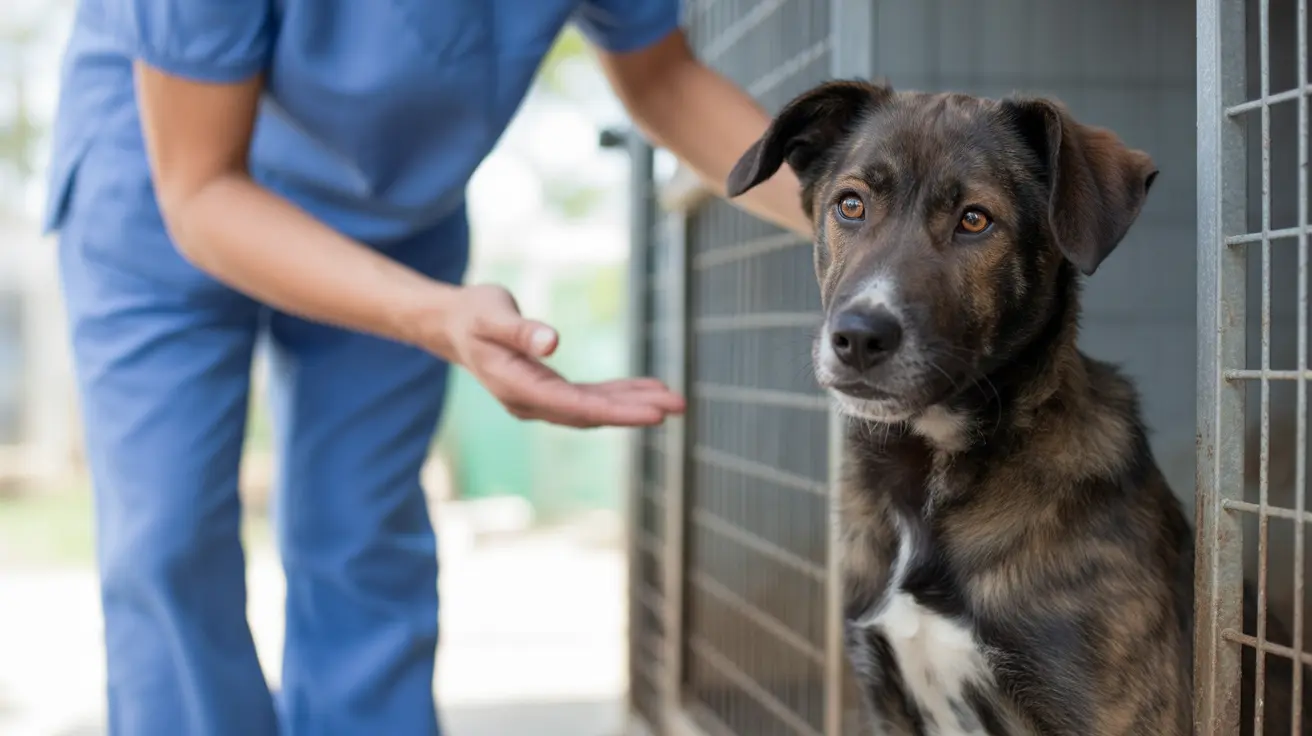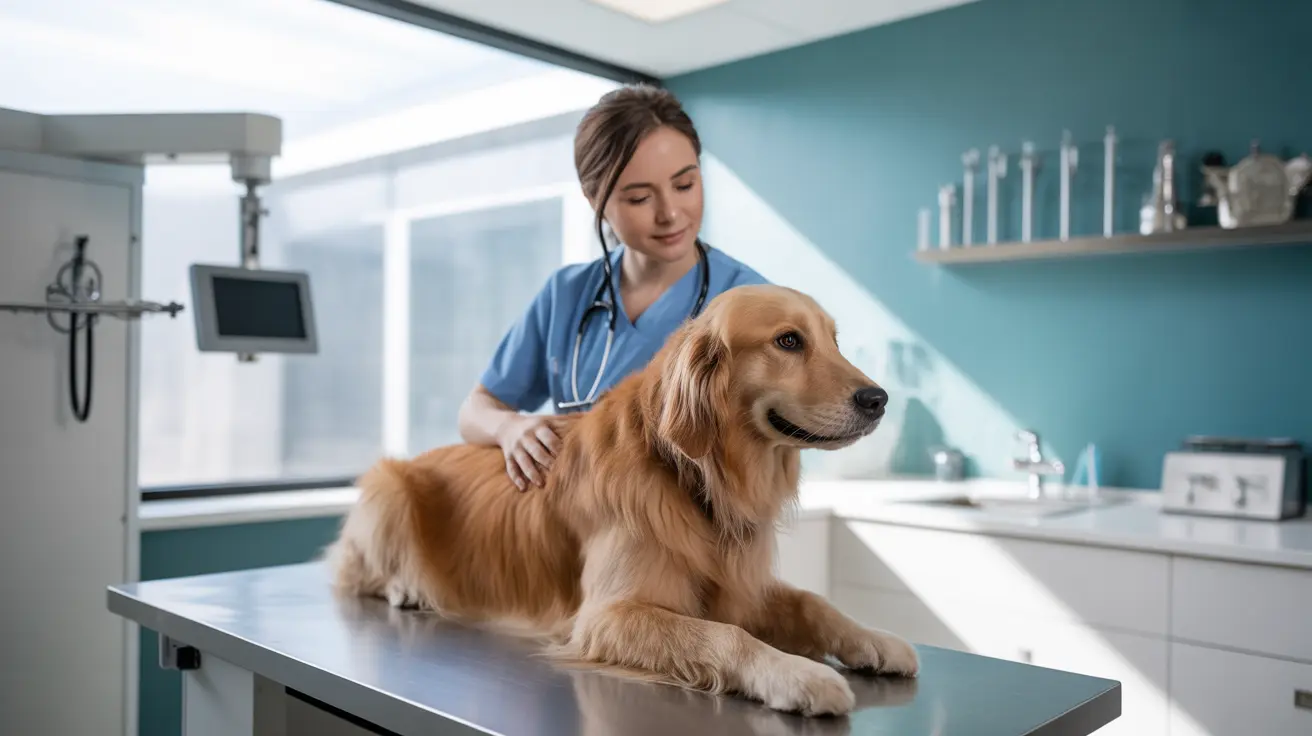Bone Broth for Dogs: Benefits, Preparation, and Safety
Bone broth is more than just a tasty treat—it's a nutrient-rich liquid made by simmering animal bones (sometimes with a bit of meat and connective tissue) at low heat for hours. When you prepare it right, bone broth can offer several health benefits to your dog without adding unnecessary risks.
What Makes Bone Broth Special?
This golden liquid is packed with nutrients that support your dog's health in many ways. It's especially helpful for dogs recovering from illness or surgery because it's easy to digest, hydrating, and can stimulate the appetite of picky eaters. The slow cooking process draws out gelatin, collagen, and amino acids like glycine and glutamine—compounds that help soothe the digestive tract and may even repair the stomach lining.
Health Benefits of Bone Broth
- Joint Health: Collagen, glucosamine, and chondroitin in bone broth support joint mobility.
- Skin & Coat: Collagen helps maintain skin elasticity and keeps coats shiny.
- Digestive Support: Amino acids strengthen the gut lining and aid digestion.
- Hydration: Its high moisture content is great for dogs that don't drink enough water or are recovering from illness.
- Minerals: Supplies calcium, magnesium, phosphorus, silicon, and sulfur for bone health and metabolism.
- Immune Boost: Nutrients like proline and glycine have links to immune system function.
- Anti-inflammatory Properties: Helpful for chronic inflammation or joint discomfort.
- Weight Management: It's low-calorie but nutrient-dense—ideal as a topper or supplement.
- Mild Sleep Support: Glycine may promote relaxation in some dogs.
The broth is also easy on allergies since it's generally low in allergens. Plus, it's so palatable that even finicky eaters often lap it up eagerly.
The Right Way to Make Bone Broth for Dogs
If you're making bone broth at home (which is best), avoid adding salt, onions, garlic (or use only tiny amounts if your vet says it's safe), or strong spices. Stick to raw marrow bones from beef, chicken, duck, turkey—whatever's available—and toss in some carrots or celery if you like. Herbs such as basil, parsley, or thyme are fine in moderation. An acid like apple cider vinegar or lemon juice helps extract minerals from the bones during simmering.
- Add bones (and optional veggies/herbs) to a pot or slow cooker.
- Add plenty of water plus a splash of vinegar or lemon juice.
- Bring to a boil; then reduce heat to simmer gently for 12-48 hours.
Once done, strain well to remove all solid pieces—especially bone fragments. Skim off excess fat if needed. Let it cool before serving; you can refrigerate it for up to a week or freeze it (ice cube trays work great for portioning).
Dosing: How Much Bone Broth Should You Give?
- Under 20 lbs: 1 oz per day
- 20–40 lbs: 2 oz per day
- 50–80 lbs: 4 oz per day
- 80+ lbs: 6 oz per day
If your dog has never tried bone broth before—or has special medical needs—start slowly and talk with your vet first. Every dog is different!
A Few Key Safety Tips
- Nix the cooked bones—never feed them directly; always strain your broth carefully.
- Avoid onions, extra salt, and unnecessary additives altogether.
- If possible, use grass-fed or pasture-raised bones for better nutrition.
You can buy commercial bone broths made specifically for dogs—but always check ingredient lists carefully. Many human products contain too much sodium or unsafe extras like onion powder.
Bones About Balance: Not a Meal Replacement
Bone broth isn't meant to replace your dog's regular food—it doesn't supply all essential nutrients needed long-term. Instead, think of it as a supplement—a flavorful topper that adds hydration and nutrition while making meals more appealing. Used wisely alongside a complete diet, bone broth can be an excellent addition to most dogs' routines.





